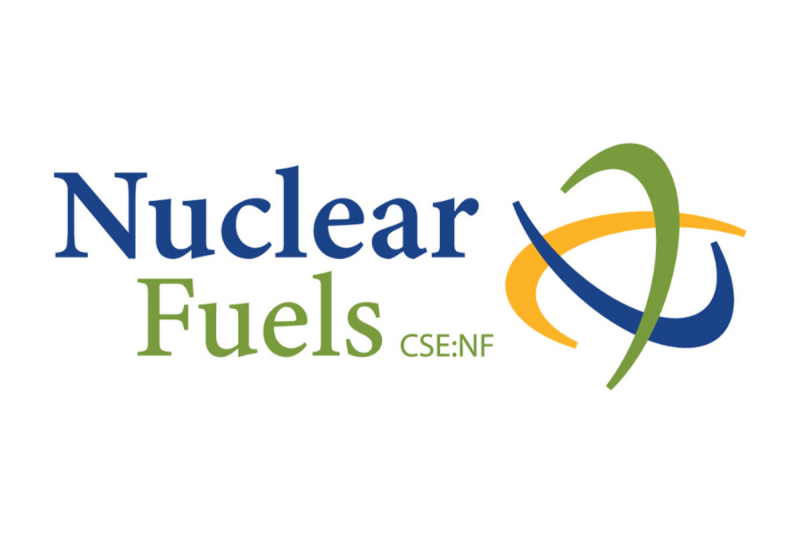Nuclear Fuels: Powering the Future with Clean and Efficient Energy
Understanding the importance of clean and sustainable energy sources has become more crucial than ever before. With the increasing global demand for electricity, it is imperative to explore alternative forms of energy production to reduce our reliance on fossil fuels and mitigate the impacts of climate change. One viable solution lies in the utilization of nuclear fuels. Nuclear energy, often misunderstood and controversial, holds the potential to provide clean, reliable, and efficient power for the future.
The backbone of nuclear energy lies in the utilization of nuclear fuels such as uranium and plutonium. These fuels possess immense energy potential that can be efficiently harnessed through a process called nuclear fission. In nuclear power plants, this fission process occurs when the nuclei of heavy atoms, like uranium-235, are split apart, releasing a tremendous amount of energy in the form of heat. This heat is then used to produce steam, which drives turbines to generate electricity, just like in traditional fossil fuel power plants. However, unlike fossil fuels, nuclear fuels produce minimal greenhouse gas emissions, making them a clean and environment-friendly energy option.
One of the significant advantages of nuclear fuels is their high energy density. Compared to other sources of energy, such as coal or oil, nuclear fuels contain an incredibly high amount of energy per unit mass. To put it into perspective, one kilogram of uranium-235 can produce as much energy as 10 million kilograms of coal. This means that a small amount of nuclear fuel can generate a significant amount of electricity, reducing the need for large-scale mining and transportation of fossil fuels.
Furthermore, nuclear fuels are relatively abundant and can be found in various regions around the world. Uranium, the most commonly utilized nuclear fuel, is found in significant quantities in countries such as Canada, Australia, and Kazakhstan. This global distribution ensures a more diversified and secure source of energy, reducing dependence on politically unstable oil-producing regions.
Additionally, nuclear power plants have an impressive operational lifespan. With regular maintenance and appropriate safety measures, these facilities can function efficiently for several decades. The longevity of nuclear power plants not only enhances their cost-effectiveness but also reduces the overall carbon footprint. The sustained production of electricity from a single plant for an extended period eliminates the need for continuous construction and associated environmental impacts.
However, it is essential to acknowledge the concerns associated with nuclear energy. The most prominent, and arguably most dreaded, concern is the potential for accidents and meltdowns. Instances like the Chernobyl and Fukushima disasters have highlighted the catastrophic consequences of these accidents, both in terms of human lives and environmental impact. Nonetheless, it is important to note that nuclear power technology has advanced significantly since those incidents, and stringent safety measures have been implemented worldwide to prevent similar occurrences. Proper planning, rigorous regulation, and continuous monitoring are essential to ensure the safe operation of nuclear power plants.
Furthermore, the issue of radioactive waste deserves attention when discussing nuclear fuels. The spent fuel rods produced from nuclear reactors contain radioactive materials that require careful handling and disposal. However, it is worth noting that advanced technologies for nuclear waste management, such as reprocessing and deep geological repositories, are being developed to safely and responsibly handle this waste. These advancements aim to reduce the long-term environmental impact and ensure the safe storage and disposal of radioactive materials.
In conclusion, nuclear fuels possess the potential to revolutionize the way we produce energy. With their clean and efficient energy production, high energy density, and reliable operation, nuclear fuels offer a promising solution for our growing energy demands. While concerns surrounding safety and radioactive waste management exist, it is crucial to focus on the continued advancement of nuclear technology, rigorous regulation, and proper education to ensure the safe and responsible utilization of nuclear fuels. By embracing nuclear energy, we can pave the way towards a brighter, greener, and more sustainable future.

